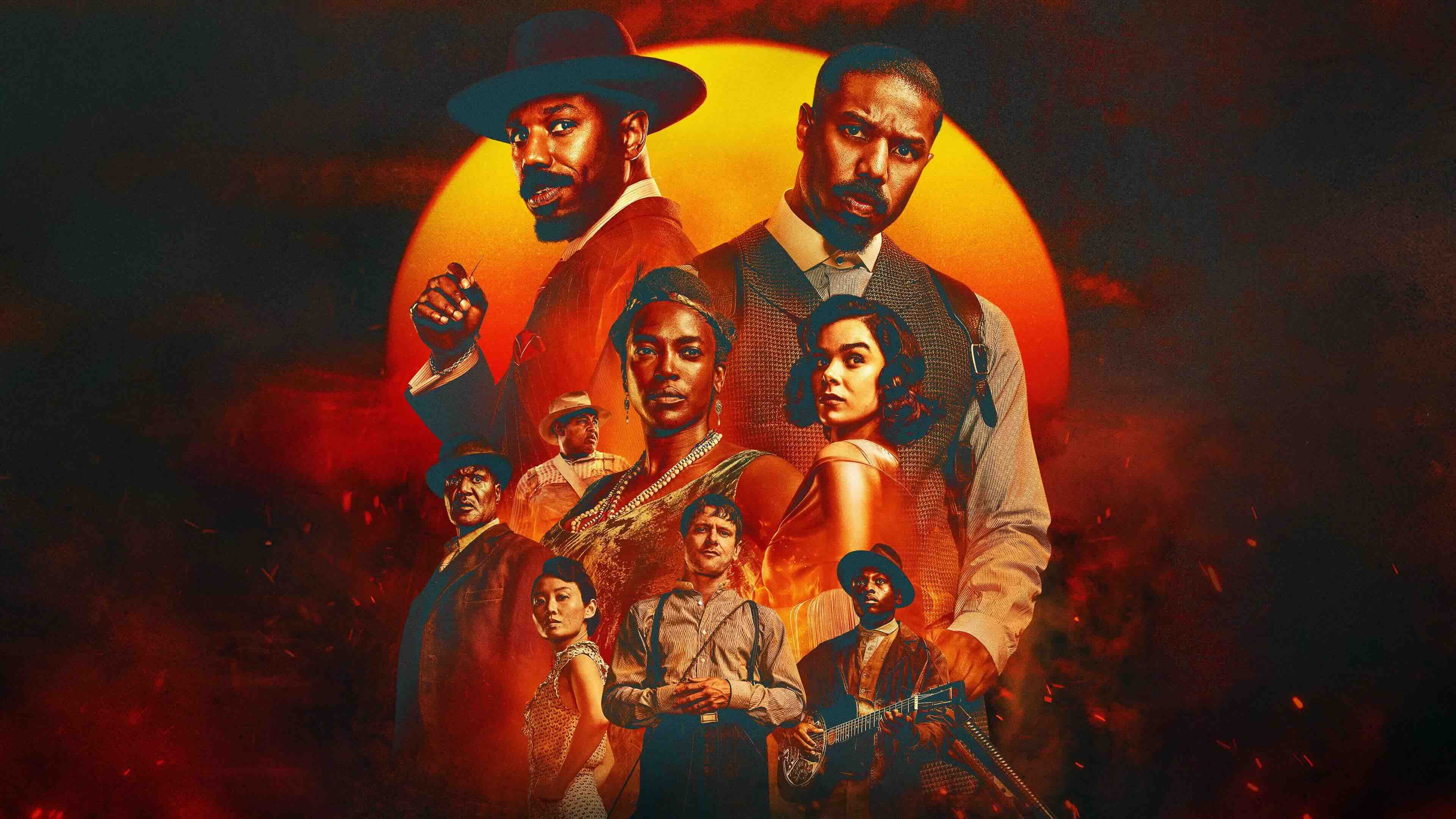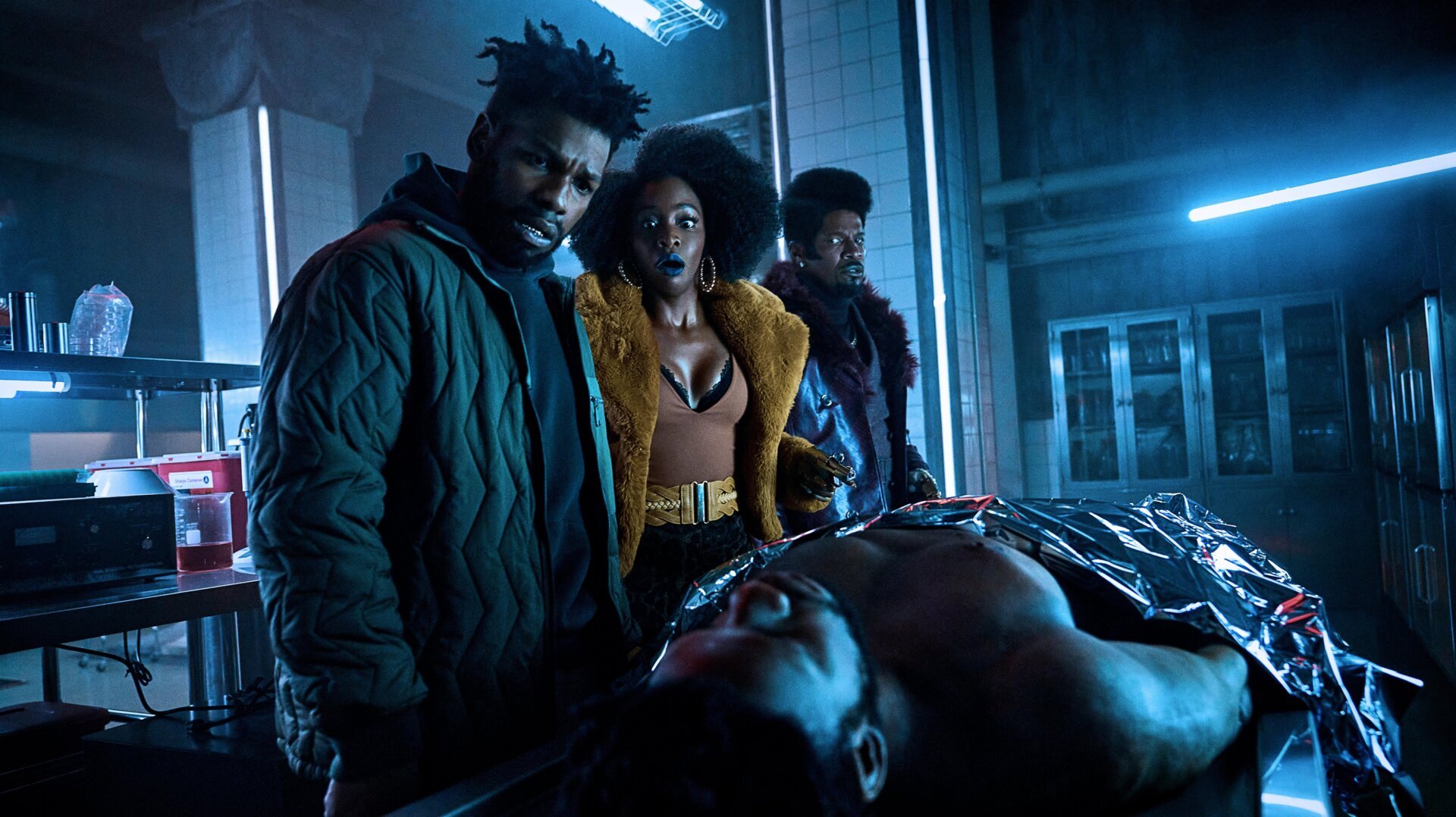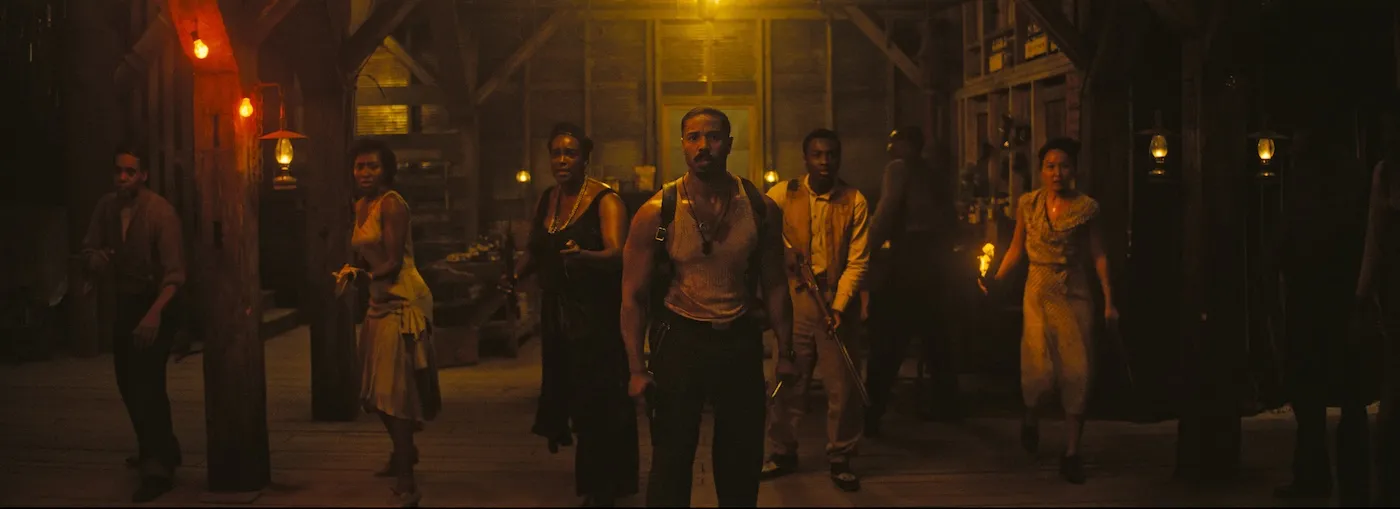
A new cinematic language is emerging
A new cinematic language is emerging
Afro-Surrealism is the fusion of surrealist techniques with the lived experiences of Black people, often exploring themes of identity, culture, and the complexities of the Black experience in a way that merges the real and the fantastical. Writers like Amiri Baraka hinted at its spirit in the mid-20th century; however, D. Scot Miller’s Afro-Surreal Manifesto (2009) gave the movement its modern framework, centering the Black diaspora’s struggle and spirituality within the surreal.
On screen, the language of Afro-surrealism has quietly been building for decades, but it has never been louder than now. Films like Jordan Peele’s Get Out (2017) cracked the door open, weaving satire, horror, and allegory into a cinematic warning shot. Mati Diop’s Atlantics (2019) and They Cloned Tyrone (2023) pushed the boundaries even further, proving that Black surrealism is not an accessory or trend but a vessel for truth-telling.

Today, this movement is entering its most confident stage. It’s no longer just about placing Black characters in genres historically dominated by white narratives but bending the very bones of cinema to reflect a reality they desire. Filmmakers fracture the genres themselves, reshaping them into vessels for Black dreams, fears, and ancestral wisdom to create something hypnotic, unsettling, and deeply familiar all at once.
Ryan Coogler’s Sinners is the clearest example of how far Afro-surrealist storytelling can go. A supernatural-horror-juke-joint epic set in 1930s Mississippi, the film turns hoodoo into survival and myth into memory. Here, Coogler crafts a tale where vampire folklore crashes into Delta blues, and the haunting presence of whiteness itself becomes the most parasitic monster of all. It’s horror, it’s myth, it’s music, it’s memory.

One moment feels like music to your ears, the next like a nightmare. In a pivotal crossroads scene echoing Robert Johnson’s legend, the audience witnesses not just a pact with the devil, but an ancestral negotiation for survival, art, and freedom.
Critics have called Sinners “a masterpiece of cultural horror.” Sitting at 97% on Rotten Tomatoes, it has already been named to several “Best Films of the Decade So Far” lists. More importantly, it solidifies Coogler not just as a blockbuster filmmaker but as one of the most radical voices shaping Black cinematic language today.
Sinners proves that Afro-surrealism is an essential grammar for telling stories that realism alone cannot contain.
Afro-surrealism did not just pop out of nowhere, it stands on the shoulders of past dreamers who refused to let the “real” define them and present art like it has not been presented before. Some worthy mentions include:
These artists proved that the surreal is not escapism but a weapon, a way to rewrite the terms of reality itself.
This year, institutions have begun to take Afro-surrealism seriously. The Museum of Modern Art (MoMA) has launched retrospectives exploring Black cinema not as cultural evidence but as radical art. Festivals like Sundance and Toronto International Film Festival are premiering Afro-surrealist works not in niche slots but as main events, signaling that this is not a sidebar, it’s the main conversation.
At the same time, younger filmmakers across Lagos, London, and Los Angeles are experimenting with form: short films, VR projects, and even interactive theater pieces that collapse the line between myth and documentary. In this sense, Afro-surrealism is no longer just a style of filmmaking; it’s becoming a language of global Black imagination.

In a world flooded with stories about oppression and resilience, Afro-surrealism does something braver by reclaiming the imagination itself. It says Black film does not have to just represent; it can reshape reality. It can laugh at it, haunt it, rewrite it.
That’s why Sinners matters. That’s why They Cloned Tyrone matters. That’s why a new wave of Black surrealist cinema matters. Because in bending reality, these films restore something essential to Black culture, which is the freedom to dream without limits.
As this movement expands across screens big and small, it is imperative to state; the most radical future of Black cinema is already here.
Comments